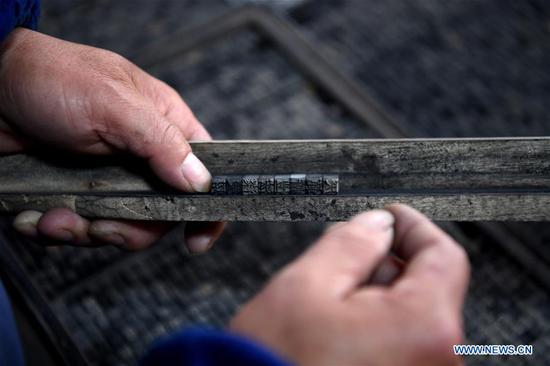The assets of most Chinese people are locked in the domestic real estate market, which is weakening basic consumption, domestic news site finance.sina.com.cn reported over the weekend, citing a recent industry report.
Given such context, the report suggested that authorities are expected to maintain the supply and demand balance in the housing sector through efforts including properly easing property development loans.
The debt rate of Chinese consumers has risen sharply as property inventories have been reduced, therefore the consumption base has been severely weakened, said the report, which was released on Saturday by the National Academy of Development and Strategy and the School of Economics, both under the Renmin University of China, and China Chengxin Credit Management Co.
Before 2015, the Chinese housing market locked in mid- to high-income earners, but as migrant workers have been encouraged to purchase homes to cut the amount of housing inventories, this group, who had a lower savings rate anyway, has now largely invested their available funds in the real estate market.
A significant change associated with this is that the net savings of Chinese residents has begun to decline, the report said.
As of September 2018, the total net savings of residents was about 24.7 trillion yuan ($355 billion), down 6.7 percent year-on-year, the report noted.
The report recommends close attention be paid to the adjustment of the real estate market and related risks across the sector and the fluctuation of home prices in third- and fourth-tier cities in particular.
The report said that authorities are expected to properly ease property development loans and to adopt different management measures toward various types of property developers across the country.


















































